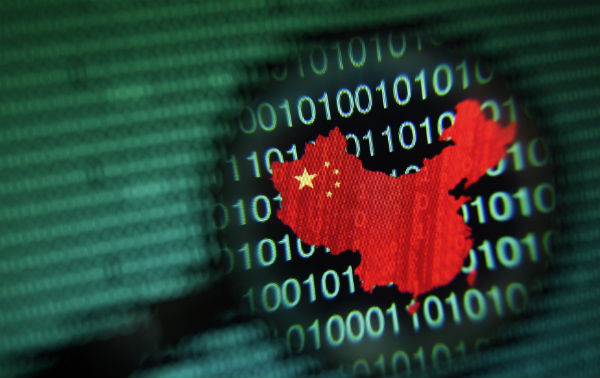Chinese Hackers Could be Denied US Visas for Cyber Conferences
US government considers using visa restrictions to prevent Chinese hackers from attending Def Con and Black Hat conferences in Las Vegas.

US officials are considering using visa restrictions to prevent Chinese hackers from attending popular summer hacker conferences in Las Vegas.
A senior administration official said Washington could use visa restrictions and other measures to keep Chinese citizens from attending the Def Con and Black Hat conferences in August as part of a broader effort to combat Chinese cyber-espionage, Reuters reported.
The official, who was not authorised to speak publicly, said a range of options are being weighed if China does not acknowledge and curb its corporate cyber-espionage.
"We've tried to have a constructive dialogue," the official said. "The state department and the defence department have travelled to China to share evidence of hacking by the [People's Liberation Army], but those types of interchanges have not sparked a lot of progress or reciprocity."
Conference organisers said they were unaware of the visa restriction plans but maintained that curbing participation from Chinese nationals would be unconstructive.
Jeff Moss, founder of both the Def Con and Black Hat conferences, said on Twitter: "First I have heard of it, boarding flight to DC now. I don't think it helps build positive community. More later."
Chris Wysopal, a member of the Black Hat board that reviews presentations, said restricting access to the conference would have little impact because all talks are video recorded and then sold.
"It seems symbolic to me," said Wysopal, who is also chief technology officer of the software security firm Veracode.
Black Hat's website lists a number of speakers who may be Chinese nationals.
An employee of the Chinese security software maker Qihoo 360 is scheduled to give a technical presentation on vulnerabilities in font scalers, while two researchers with the Chinese University of Hong Kong are due to give a talk about new approaches for hacking social networks.
Last week, the US charged five Chinese military officers with hacking into US nuclear, metal and solar companies to steal trade secrets. China denied the charges and said the grand jury indictment was "made up", and would damage trust between both nations.
Earlier this month, former Guardian journalist Glenn Greenwald revealed that leaked NSA documents show that while the US has publicly accused China of cyber-espionage, the US security agency regularly receives or intercepts routers, servers and other computer network devices being exported to international customers in order to implant them with backdoor surveillance tools.
© Copyright IBTimes 2025. All rights reserved.





















